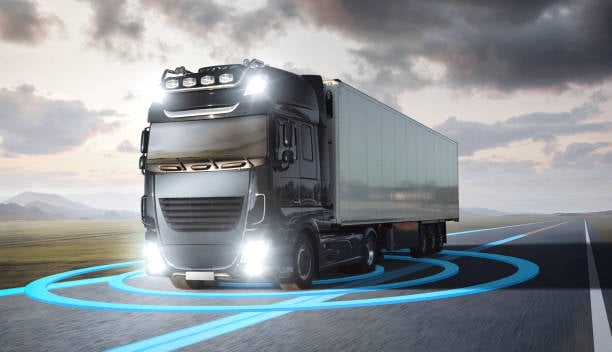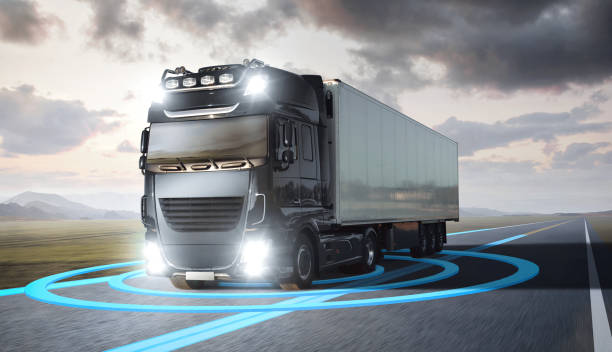A fierce disagreement is unfolding in California as lawmakers move forward with plans to impose restrictions on self-driving semitrucks, drawing criticism from industry representatives. Jeff Farrah, executive director of the Autonomous Vehicle Industry Association, criticized the legislators for intervening prematurely, saying they are "lighting a stick of dynamite" by not waiting for a co-equal branch of government.
The California assembly members recently voted overwhelmingly in favor of Assembly Bill 316, a bipartisan proposal that requires a trained individual to be present behind the wheel of autonomous semitrucks and big rigs. However, the bill must still pass the Senate and receive the signature of Governor Gavin Newsom to become law. This legislation is part of a broader national discussion on the risks associated with automation and artificial intelligence, making it a significant point of contention between lawmakers and technology companies.
Assemblywoman Cecilia Aguiar-Curry, the bill's author, voiced concerns about the influence of Big Tech opposing the bill. She remarked, "There are a lot of people in Big Tech lobbying against this bill, and you know they have the ear of the governor and his staff." Aguiar-Curry emphasized the need to prioritize the safety of constituents on the roads and protect the jobs of truck drivers.
The current version of the bill intersects with the ongoing rule-making process of the California Department of Motor Vehicles (DMV), responsible for administering the state's autonomous vehicles program and issuing permits for testing and deployment. While the DMV allows testing of driverless light-duty autonomous vehicles weighing up to 10,000 pounds, it does not permit the same for long-haul trucks and big rigs with autonomous capabilities.
Assemblywoman Laura Friedman, a supporter of the bill, expressed disappointment with the DMV's handling of autonomous vehicles, citing incidents such as cars shutting down in the middle of streets or attempting to evade police. Friedman argued that if a human driver behaved similarly, their license would likely be suspended.
Supporters of Assembly Bill 316 include San Francisco Mayor London Breed, U.S. Representatives Barbara Lee, Katie Porter, and Adam Schiff. The California Labor Federation and the International Brotherhood of Teamsters, representing truck drivers across the state, played an integral role in shaping the bill. They argue that the regulation will protect those traveling on California roadways and safeguard the livelihoods of truck drivers.
However, opponents claim that the legislation oversteps its bounds and fails to address the underlying issues affecting driving conditions in California. Several states, including Arkansas, Nevada, and Texas, have already witnessed the presence of driverless semis on their roads. Aurora, an autonomous driving software company, has partnered with FedEx to transport shipments between major metropolitan areas in Texas. Mufaddal Ezzy, Aurora's senior director of state public affairs, stressed the potential of autonomous trucks to eliminate human errors like texting while driving, which contribute to traffic fatalities.
Jeff Farrah of the Autonomous Vehicle Industry Association countered lawmakers' arguments, asserting that they are conflating autonomous driving technology with advanced driver assist technology. He clarified that autonomous vehicles operate without human assistance, while driver assist technology, like Tesla's autopilot, requires human intervention. Farrah emphasized that Assembly Bill 316 would have no impact on Tesla or the tragic incidents mentioned by legislators.
The outcome of this intense battle between lawmakers and technology companies will have significant implications for the future of self-driving vehicles in California. As the bill progresses through further legislative steps, the fate of self-driving semitrucks remains uncertain, leaving industry stakeholders and the public eagerly awaiting the final decision.

 (604) 757 2441
(604) 757 2441